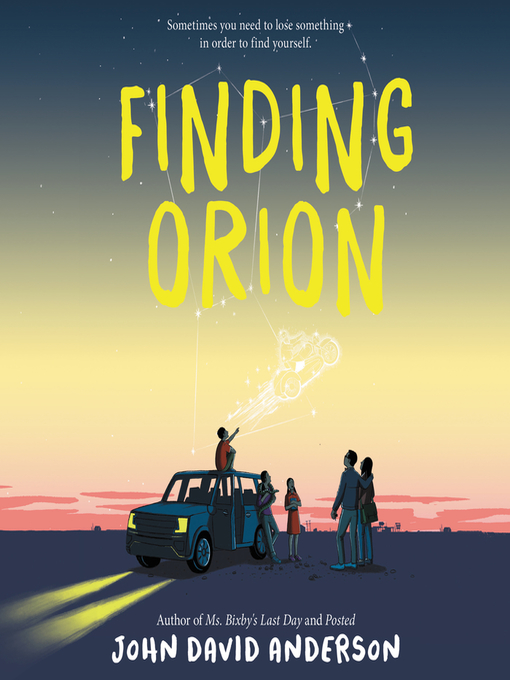This is the world of The Three Body Problem, a novel written by Liu Cixin. The Three Body Problem is a great novel, unlike any which I have read before, thanks to usage of multiple perspectives to add to the main point of view, the usage of history and science in its storytelling process, and the somewhat nuanced nature of the main conflict in the story.
The Three Body Problem starts at the height of the Cultural Revolution, centering on a young scientist named Ye Wenjie whose father had just been beaten to death, and then sent to work in the wilderness, eventually settling in a secretive radio telescope base known as Red Coast. One of the greatest parts of the novel, especially in this section, is its references to historical events and depiction of the Cultural Revolution. The atmosphere of the Cultural Revolution, and its focus on politics in every part of life, significantly affects how Ye is able to conduct research and live life at Red Coast. Often, she and her colleagues are very sensitive to how their work will create political symbolism, or associate with counter-revolutionaries, or otherwise do politically dangerous actions. Even in transmissions to potential extraterrestrial life, the Cultural Revolution's influence shows in the first few drafts of the transmission.
Another great element of The Three Body Problem is how the author switches between different points of view in order to provide the reader a more complete and interesting picture of events. The first section of the story is written in the point of view of Ye Wenjie, the young scientist at Red Coast. However, the story is mostly told through the perspective of Wang Miao, a present day engineer, as he tries to make sense of what is going on around him in regards to Trisolaris and the people associated with Trisolaris. Later, the perspective switches back to Ye, showing what she did after being sent to Red Coast. The story also features the perspective of a mathematician, and how he interacted with a pro-Trisolaris organization. Near the end of the story, when the government receives a hard drive full of transmissions from Trisolaris acquired from the pro-Trisolaris organization, the perspective even switches to the point of view of Trisolaris, at first focusing on the operator of a radio receiver, and then expanding into an omnicscient view of all of Trisolaris.
After Ye Wenjie saw her father beat to death and was later persecuted due to the Cultural Revolution, she began to harbor misgivings about the people around her, and of humanity as a whole. Eventually, after witnessing firsthand the bad sides of humanity, and reading philosophical material during her time at Red Coast Base, this developed into the conclusion that humanity is generally an evil species. When she discovered the existence of Trisolaris, this led her to seek the help of Trisolaran civilization to reform human society. That premise, repeated and emphasized over and over again throughout the story, helps us ask questions about what we think about Ye's views. For example, what are the flaws in human nature and human society? Do those flaws characterize the nature of humanity as evil? And if so, does the evil of human society warrant an intervention by a foreign power (such as Trisolaris)? These questions often consumed my thoughts as I was reading and rereading the story, and gave me more insight onto why the pro-Trisolaris characters acted the way they did.
When the perspective switched to that of Trisolaris, a lone radio receiver operator stood in the position of Ye Wenjie, an isolated individual dissatisfied with their current circumstances. While we do not get any insight onto this receiver's past, we know through his conversations with others that he would much prefer human civilization over Trisolaran civilization, viewing human civilization as culturally rich, free, and prosperous, in comparison to the totalitarian nature of Trisolaran civilization, in which the only punishment for crimes is death. For this reason, he tries to save Earth from Trisolaran invasion, risking the very survival of Trisolaris in the process. These revelations also were very interesting to learn about, and they changed my outlook on the conflicts occuring at Earth in the story. Those who wanted to improve human civilization through foreign intervention have in fact made a grave mistake, inviting a powerful totalitarian regime to conquer Earth. Such a regime would certainly not spare humanity, and even if humanity was spared and merely subjugated, Trisolaran civilization would most definitely be a negative influence on humanity.
There are many elements of the story which I decided to omit, and countless small details which would take too much time to cover. However, what sets The Three Body Problem apart from other novels I read are its incorporation of history, several perspectives, and interesting ideas and themes on the nature of humanity. Overall, The Three Body Problem is a complex, interesting novel which I encourage everyone to read.












